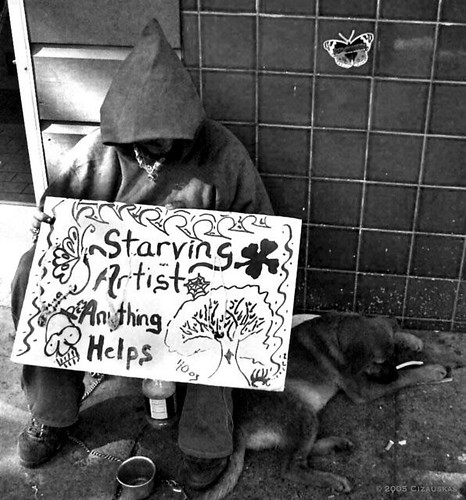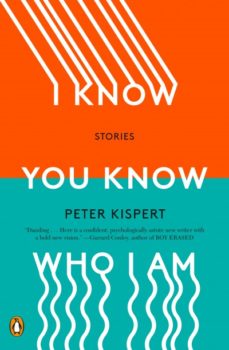At 9 a.m. on the Saturday of AWP, I rallied for “When Should We Write for Free?” – a panel that, just like it sounds, featured writers discussing their own guidelines to answer that question. The panel gave insight into a marketplace that has rapidly grown accustomed to free content. There was much discussion during the audience Q&A about providing free content – mostly in the form of blogging – and folks mentioned the Huffington Post several times, since their bloggers are not paid.
Fast forward to last week, when the Huffington Post announced that AOL would acquire it for $315 million. Obviously someone is making money at the HuffPo, but do bloggers have a right to a share of the profits? Jason Linkins, a paid reporter at the HuffPo, wrote a response to the criticism of unpaid blogging that addressed the question of paid vs. unpaid directly:
Now, people often wonder: why would anyone blog for free, at a place that pays other contributors? Please note, that part of what “free” entitles you to is a freedom from “having to work.” No daily hours, no deadlines, no late nights, no weekends. You just do what you like when the spirit moves you.
To answer the question, “Why would someone make a free contribution to this business, knowing that it will, theoretically, enrich a whole other group of people?” you really need to ask the specific people who make those contributions.
He goes on to make the argument that the platform of the Huffington Post is compensation of a certain kind. No one forces you to blog for them, you make the is-it-worth-it? calculation and make the right decision for you. This is what the AWP panelists would likely class as the “gray area” of writing – a form of voluntary exploitation. You’re enriching others (in the case of the Huffington Post, quite handsomely), but you’re also agreeing to do it, presumably because it’s worth something to you. After all, cash is not always king, sometimes having an audience can connect you to people who know your name and will – in the future – pay to read your writing. These decisions are highly personal and individual – which is why I’m fascinated by where people draw the line. For example, we at FWR have done all our work pro-bono to date, from editor to contributor. So, all you writers, when do you write for free?






